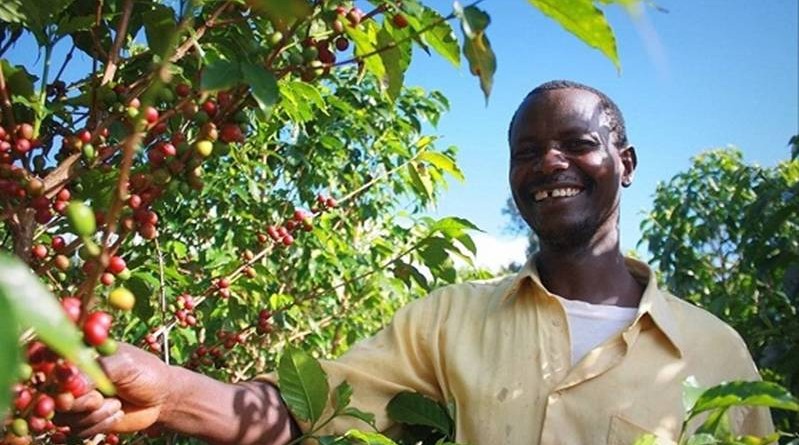The Global coffee market to reach $24.2 billion by 2027
Coffee is the most commercialized food product and most popular beverage around the globe. Presence of caffeine in coffee provides refreshing and revitalizing effects to its consumers. There are various ways to serve and consume coffee as hot or iced.
According to clinical studies, to some extent coffee is beneficial for healthy adults. A survey by the National Coffee Association in the US, more or less 70% of the people prefer homemade coffee preparation. As per in research findings worldwide coffee market is expected to be valued $ 24.2 Billion by 2020.
Globally, coffee plays a vital role in urban people’s modern lifestyle. There is an increase in the number of cafeterias in society to cater to the rise in demand. Launch of various cafeteria chains such as Luckin, Barista, Café Coffe Day, and Starbucks are giving enriched customer experience. According to Renub Research, the Global Coffee Market is expected to grow with a CAGR of nearly 2.52% and reach US$ 28.8 Billion by 2027.
The global coffee market is segmented into two types of coffee beans: Arabica and Robusta. Arabica is more preferred by consumers for its sweet taste and more complex flavor. It is widely used in black coffee. On the other hand, Robusta is much cheaper and stronger because of its high caffeine contain then Arabica. It’s mostly used in espresso. Brazil is the biggest coffee producer for both Arabica and Robusta beans. There are various options available for coffee lovers depending upon coffee beans and type say Latte, Cappuccino, Americano, Espresso, Doppio etc.
Europe and American are the large coffee market. Coffee being an integral part of routine gives relief from a hectic schedule. Due to continuously growing demand, coffee trade plays a vital role in politics, survival, and country’s economic growth. Coffee is not just a beverage; it’s a global product; it became the most unpredictable trading business investment. The Report is segmented Export and Import of coffee in beans, Roast and Ground and soluble coffee. Most coffee beans export and import are done in European countries.



